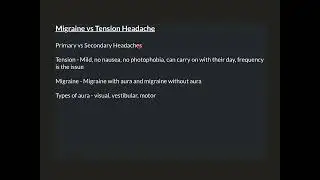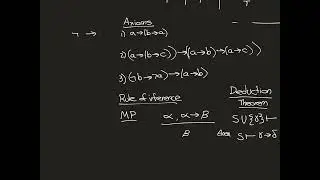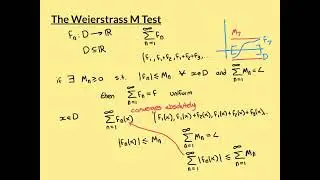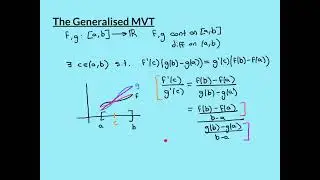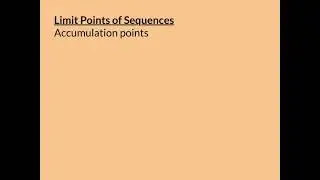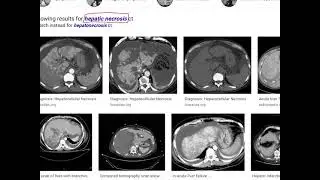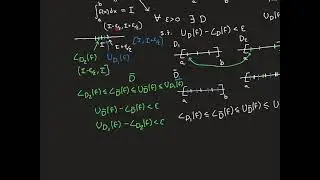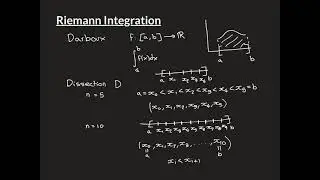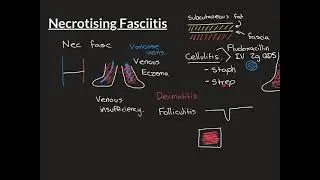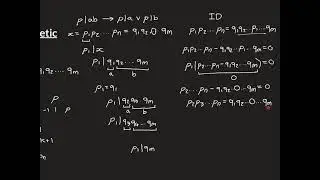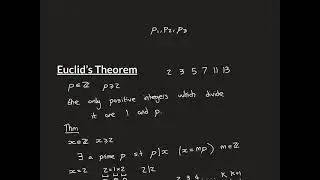Asthma and Antiasthmatic Drugs Part 6
Asthma is a chronic inflammatory condition of the airways of the lungs. The inflammation leads to contraction of the smooth muscle tissue in the walls of the airways which narrows their diameter. This is called bronchoconstriction. Asthma can result in a chronic background level of bronchoconstriction (which results in chronic wheeze and difficulty breathing) and can also cause episodic exacerbations, which are known as asthma attacks and can cause life threatening breathing difficulties.
In this video we discuss the theory of the pathogenesis of asthma, i.e. the theory of what causes the inflammation of the airways and how the inflammation of the airways leads to bronchoconstriction. Following this we discuss the drug treatment of asthma and the theory of the pharmacological mechanisms of these drugs. Drugs discussed include short-acting beta 2 agonists, inhaled corticosteroids, long acting beta 2 agonists, aminophylline, montelukast and oral steroids.







![Nioh 2 Build Showcase: The Wandering Exorcist - Purity Build [Detail's in the Description Below]](https://images.videosashka.com/watch/vKFoDaJpzvg)
